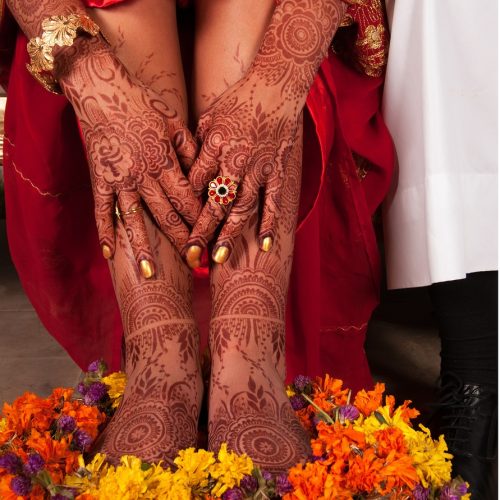
I am writing this article because there is a lot of misinformation out there about India, its culture, and global engagement. When I first met my husband, I had no idea about the intricacies of his culture. I guess I wasn’t initially interested in knowing. However, after we met, a spark of curiosity began growing within me. It’s challenging to determine where to begin due to the numerous misconceptions prevailing. Search results often carry negative connotations. Thus, in this article, I will provide an overview of what you should consider and anticipate when marrying an Indian man.
First, conduct thorough research on his background and community norms. India encompasses a highly diverse culture within its borders. As a result, there are distinct communities. For instance, Brahmins traditionally hold roles as priests, scholars, and teachers. Kshatriyas historically include warriors, rulers, and administrators. Vaishyas are involved in trade, business, and agriculture. Shudras engage in manual labor and service roles. Each community has its own rituals and customs.
For instance, my husband’s tradition requires the bride to wear Sindooram on her head after marriage. Sindooram is a conventional cosmetic powder with a red or orange-red hue, originating from the Indian subcontinent. Usually applied by married women along their hairline’s parting, it serves as a prominent indicator of marital status in Hindu societies. The decision to stop wearing sindoor typically signifies widowhood.
Second, be aware that these men typically aim to start a family. It’s the norm. They want to marry and raise a family – that’s their priority. This aspect cannot be circumvented unless he’s a rather unconventional, non-traditional Indian. It’s essential to delve deeper and ascertain this aspect for yourself. In my case, it worked out because I felt prepared to embark on this journey of family life with him. Regardless of your situation, it’s wise to discuss this topic if you believe he’s your soulmate.
Third, understand that most Indian men will not commit fully before gaining family approval. Marriage is a profoundly significant matter in India. For an individual to be welcomed into a family, the family must consent to the union. This isn’t a complex concept, but the process can be gradual. This is especially true since, within their circle of relationships, such a union becomes what’s known as a “love marriage.” It’s helpful to have some background understanding: in Indian culture, a significant portion of marriages are arranged. The arrangements are, indeed, meticulously orchestrated. While I won’t delve into the details, the general procedure involves parents or family members seeking a suitable match. If a connection is established between the couple, then a marriage could potentially take place.
Lastly, if you’ve reached this point, you’re in for an incredible wedding experience. I’m not exaggerating. Indian weddings are vibrant, enjoyable, and due to their intricate nature, a whole new subject for a future post.